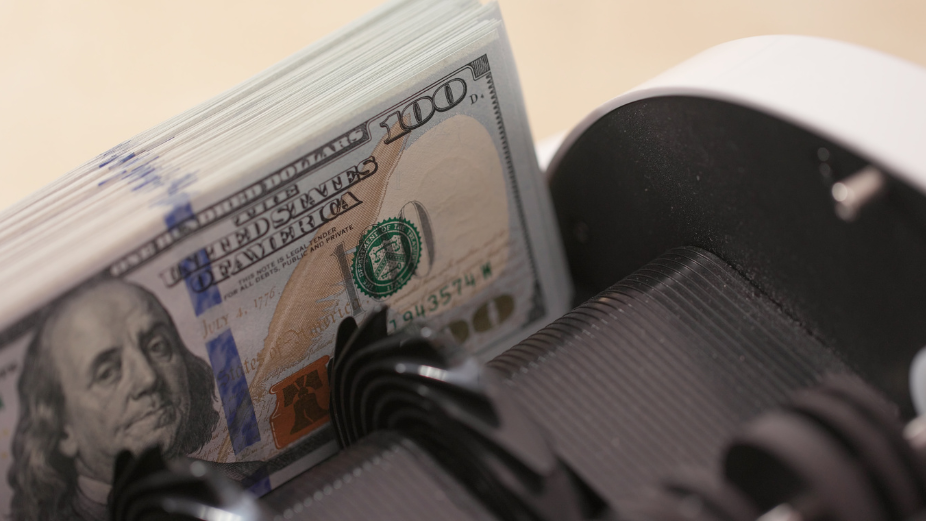
The Maldives Monetary Authority (MMA) has introduced two new regulations designed to increase the flow of foreign currency within the Maldivian banking system, enabling local banks to provide substantial loans to the tourism sector. These regulations, the Regulation on Foreign Currency and the Regulation on Money Changing Business were published last week and are expected to address long-standing challenges faced by the sector.
Speaking on Sun’s ‘Editoruge Suvaal’ (Editor’s Question), MMA’s Deputy Governor Ahmed Imad highlighted the importance of these regulations in enhancing local banks’ ability to finance tourism projects. Currently, tourism investors, particularly those developing resorts, rely heavily on foreign banks for funding due to the limited capacity of Maldivian banks to offer large-scale loans.
“Billions of dollars are invested in tourism development, especially in resorts, but due to the constraints of the local banking system, investors have had to seek financing from abroad. These new regulations will help address this by increasing the flow of foreign currency within our banking system,” Imad explained.
The new regulations mandate that all tourism revenues be deposited in Maldivian banks, ensuring a steady flow of foreign currency into the local financial system. ‘Category A’ tourist establishments, including resorts and resort hotels, are now required to exchange USD at a rate of USD 500 per tourist. This exchange must be completed before the 28th day of the third month following the month of tourist arrivals.
Additionally, ‘Category B’ establishments, such as guesthouses and hotels with 50 or fewer rooms on residential islands, must exchange USD at a rate of USD 25 per tourist under the same conditions. These measures are intended to strengthen the liquidity of local banks, allowing them to issue larger loans and support the development of the tourism sector.
The move is also expected to alleviate the current strain on the foreign currency market, where the official exchange rate stands at MVR 15.42, but the actual rate has risen above MVR 18 due to persistent shortages. By increasing foreign currency availability, the new regulations will improve the overall financial landscape and create more opportunities for tourism expansion through local banking channels.
With the regulations now in place, local banks are set to play a larger role in financing tourism development, driving further growth in one of the country’s most critical industries.












